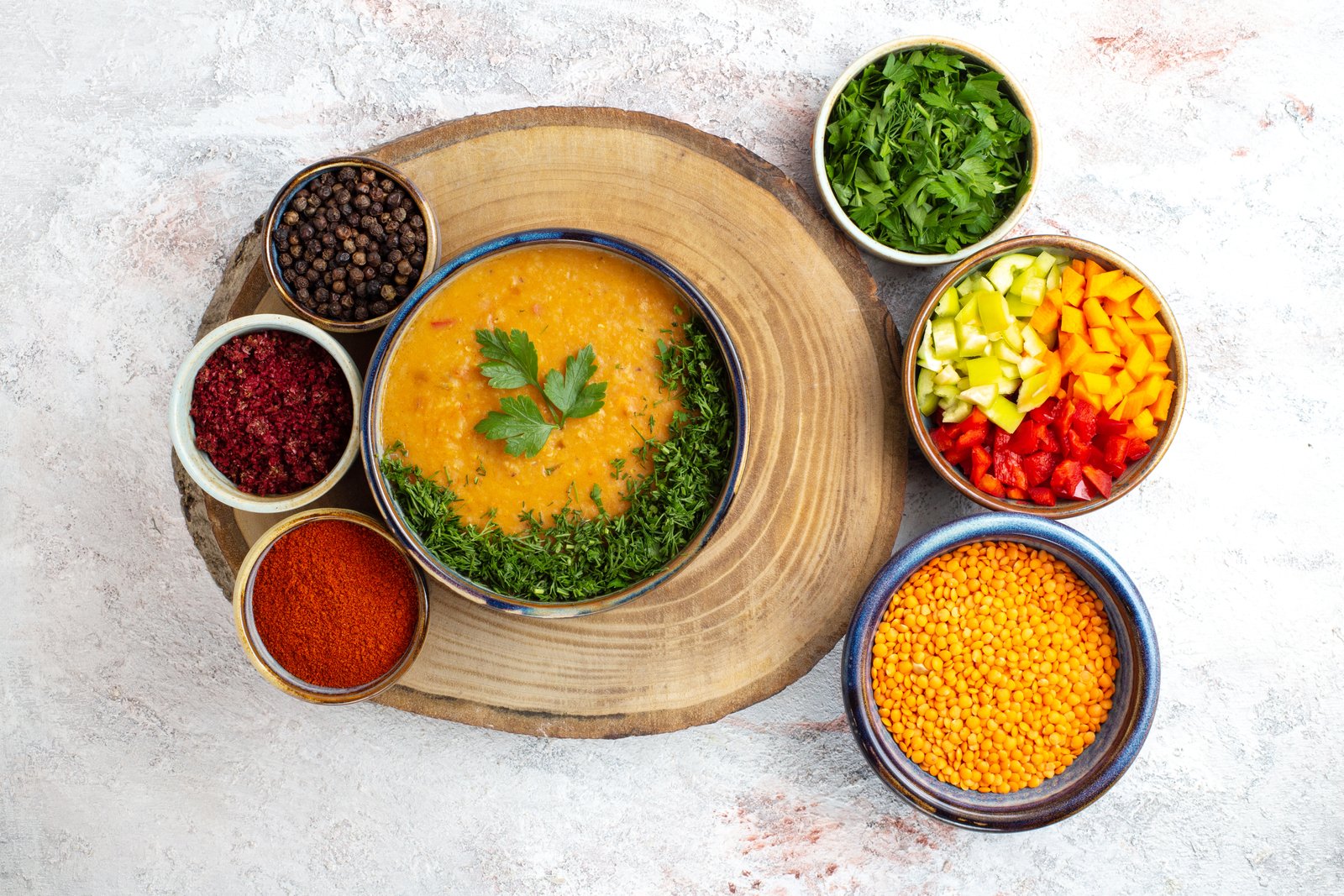
The Nutritional Wonders of Dals in Indian Cooking by Senior Dietitian
Indian cuisine is synonymous with a variety of dals (pulses). Almost every household in India stocks up on different types of dals to ensure a wholesome, nutritious, and delicious meal every day. These pulses not only enhance the taste of our food but also come packed with numerous health benefits, making them a staple in Indian diets. Below, we delve into the importance of dals, their nutritional value, and the benefits of incorporating different types of dals into your meals.
Why Dals are a Must in Indian Cuisine - Nutritional Facts by Team of Dietitian
Dals are an integral part of Indian cooking, serving as a primary source of protein for a large vegetarian population, which accounts for about 28.85% of India's demographic. Their versatility allows for a variety of dishes to be prepared, ensuring the menu remains exciting while providing balanced nutrition. Each type of dal offers unique health benefits, making it essential to include a variety in daily meals. Consuming seven different dals over a week can significantly boost overall health.
Types of Dals and Their Health Benefits by Nutritionists
The Special Benefits of Green Moong Dal and Soya Dal
Green Moong Dal
Sprouts and Lobiya Dal: A Healthy Addition
Lobiya Dal (Black-Eyed Peas)
Do you know Moong Dal as the Queen of Pulses
Dals are indispensable in Indian meals, offering an array of health benefits tailored to different needs. Among them, Moong Dal stands out as the most nutritious, with its cancer-protective properties, low-calorie count, and ease of digestion. Including Moong Dal regularly in your diet can improve overall health and help manage conditions like stomach ailments and nutrient deficiencies. By incorporating a variety of dals into your weekly meals, you not only ensure a flavorful diet but also support your body's diverse nutritional needs. Make dals a daily habit for a healthier, stronger you!

